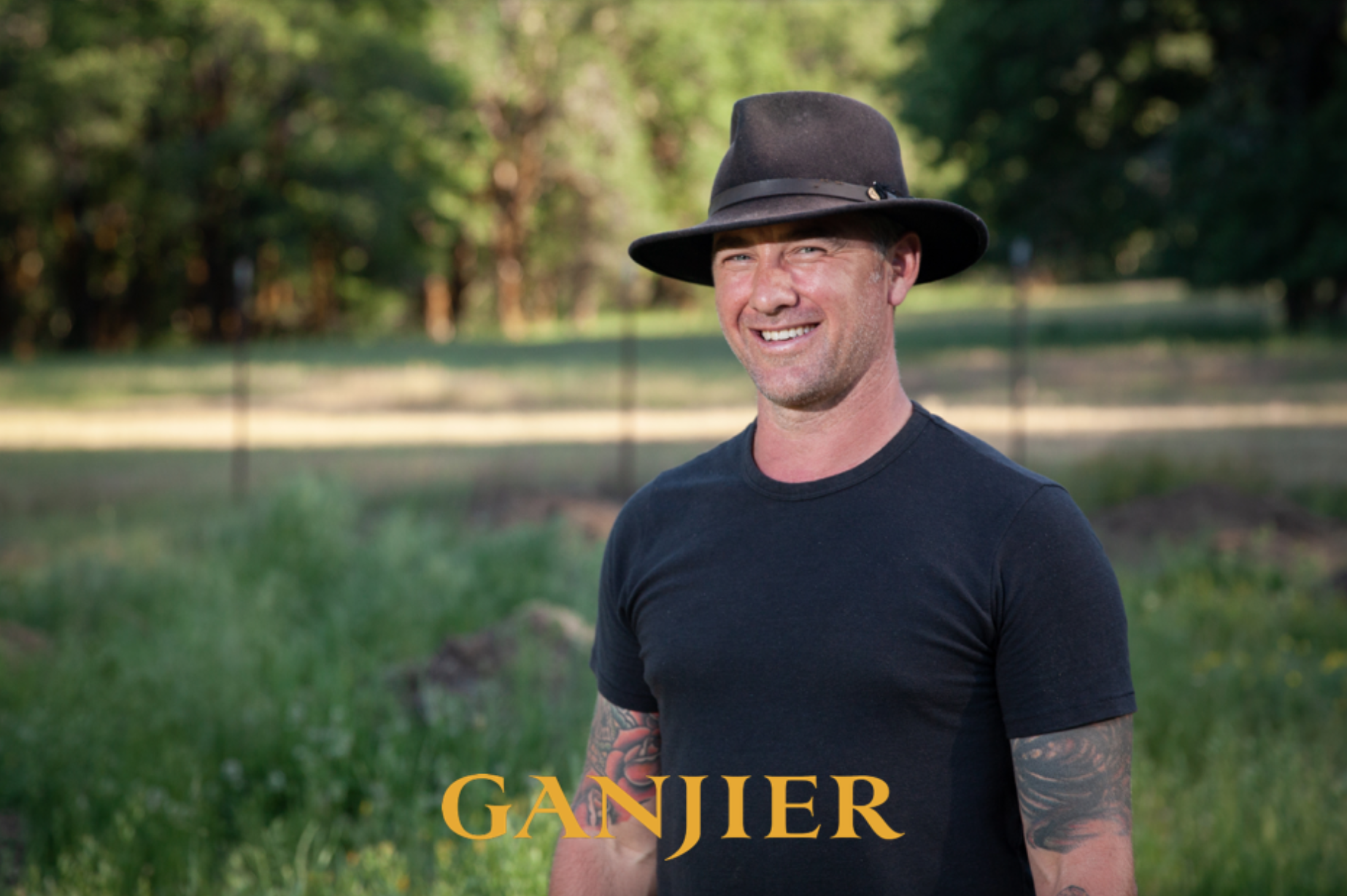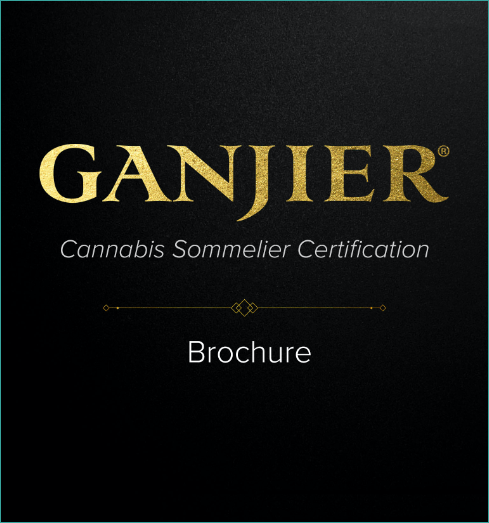Justin Calvino co-founded the Emerald Exchange, which hosts farmer’s market-style events to connect craft cannabis cultivators from Northern California with cannabis enthusiasts across the state. Calvino also co-founded the Mendocino Appellations Project, which would establish distinctive production regions (similar to wine country terroir), set regulations to preserve the quality and legacy of the cannabis, and place a premium on the product. His latest endeavor is The Appellations Group, a consultancy designed to support small farmers throughout the world in the development of Appellation of Origin petitions and systems.
Justin Calvino Teaches Unraveling the Mysteries of Cannabis Genetics
In Unraveling the Mysteries of Cannabis Genetics, Justin Calvino teaches you how to read a cannabis plant. Each flower tells a story – a reflection of the person that grew it and an expression of the environment that nurtured it.
So join us as we take a tour of three different farms in three separate regions to compare and contrast the variables that influence the phenotypic expression of the cannabis plant. Appellation expert Justin Calvino begins our journey in the heart of the Emerald Triangle as he explains the concept of “terroir” and the relationship between where the plant is grown and its influence on the expression of the flower.
Excited to take this exclusive online course? Sign up for the Ganjier interest list to be notified first when it goes live.
A Conversation with Justin Calvino
Why did you join the Ganjier Council? Why do you think the Ganjier is important?
I joined the Ganjier Council to be a part of the solution – to aid in the creation of a system that allowed for us to further understand the various gradations of cannabis. There are many distinctive characteristics of cannabis that need to be quantified and catalogued, so that they may be used to educate the masses.
In regards to what you specifically covered in the Ganjier curriculum, why do you think this knowledge is important for the Ganjier and the health of the cannabis industry?
I covered genetics and the physical characteristics of cultivars as they relate to place. This is important because people need to know that regionally specific strains, and the continuation of heritage breeding practices, will allow for fully developed chemistry that you cannot and will not find in an indoor or even Greenhouse environment.
Why do you feel it’s important for people to understand how to assess the true quality of cannabis flower and concentrates? What benefits does this provide to the industry?
I believe when people have the ability to differentiate quality in a way that goes beyond appearance, they will find that a whole new cannabis experience awaits them. There are far too many factors to truly count, as we are just scratching the surface of this world. Yet, I believe the Ganjier is on the right path!
Understanding how to assess quality is important to the industry because a well educated consumer can only stimulate more diverse growth – allowing for the inclusion of multiple levels of producers to hone their craft. This is a holistic approach to market development.
To you, what are some of the most important nuances and elements of truly high-quality cannabis?
I believe in the bouquet as it relates to the earthy aromas! I also really enjoy color expression from a fall temperature drop. I think the most important standardization we can make in cannabis is to recognize that all cannabis is not standard and to organize all of these key factors in a way in which we all agree on that simple fact.
Why do you think it’s important to establish a common standardized language in the cannabis industry? Any specific examples that stand out to you most?
I think the most important thing that stands out to me is how we hold the diversity in cannabis characteristics. Small squat dense flowers are not the norm. A fully expressed sativa is long and wispy and all of the nodal points are elegantly spaced. You are allowed to see that cannabis truly expresses itself through the flower.
How do you think The Systematic Assessment Tool (SAP) will have an impact on the cannabis industry? Are there any parts of The SAP you find most valuable or beneficial?
The SAP is needed in the industry to aid in the creation of this unified standard of quality. I do not believe for a second that it is the Bible, yet a chapter in a much larger book.
Without these early steps, I believe the industry will be faced with years of infighting and stubborn idea keeping – holding us back in the De-stigmatization of this sacred medicine!
The part I like the most thus far is the protocol approach – assessing each flower and/or concentrate down the line in a uniform manner.
Enrollment for the first certified Ganjier class will open in Winter 2020. Capacity is limited. Join the interest list if you want to be among the first Ganjiers to transform the cannabis industry as we know it.


